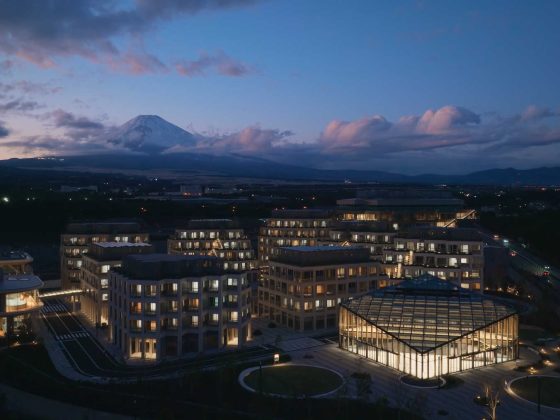Cities and pandemics are closely linked throughout history. A lot of lives have been claimed by disease outbreaks. Each time, these outbreaks act like some sort of a lesson that drives change in cities.
For the most part, cities have gotten better in eliminating the risks of disease outbreaks, thanks to developments in health and sanitation over the years.
However, in the previous decades, there has been an observed uptick in the frequency of occurrence of pandemics. One can recall the 2003 SARS pandemic, Influenza H1N1 pandemic in 2009, the Zika virus outbreak, and currently, the COVID-19 outbreak which is now declared a pandemic by the World Health Organization.
While it may seem like the cities are regressing, the reason behind this increase is a different kind of enemy. This time, the cities may be shaping the pandemics themselves.
The mortality transition
The original cities of the United States back in the 1900s were characterized by high mortality rates. Historian Michael R. Haines referred to them as “virtual charnel houses.”
Living in cities back then is almost like a punishment. The crowded areas, poor sanitation, as well as the poor understanding of disease processes are some of the factors that Haines pointed out to have driven the increased mortality.
Eventually, improvements in sanitation, public health, medical science, and infrastructure led to a sustained mortality transition. With all these developments, cities have become typically better places to live in than urban areas as early as the 1940s.
The need for social contact
The coronavirus which leads to COVID-19 is not exactly reliant on the sanitary conditions of a city, though of course, this is still important. The transmission of the virus is dependent on social contact. In an ideal scenario, once the virus carriers have been quarantined, the virus will also stop from spreading.
This virulence of the COVID-19 virus may be its Achilles’ heel if it spread a few decades ago. However, this has become its key strength in modern times.
Cities are heavily reliant on social contact in accelerating growth. It is in social contact where ideas are exchanged and changes are actualized. This is why rapid urbanization has also led to increased connectivity.
However, because of this mutual reliance on social contact, the cities have made it easier for these kinds of viruses to spread. Due to the highly connected world that we now live in, the virus easily made it through multiple countries in a relatively short span of time.
A second transition
What then must be done to disempower these kinds of viruses in cities? A refocusing may be in order.
Michele Acuto, professor of global urban politics in the School of Design at the University of Melbourne in an interview with CityLab noted that there is a need to refocus on areas outside cities.
“COVID-19 is really a story of peri-urban and rural-to-urban connections, in places that are often not on the global map.” Acuto pointed out.
This entails a decentralization of services from cities, allowing development to spread outside its borders.
Along with the continued strengthening of public health and sanitation, there is also a need for an increase in communication between cities rather than just within a city in order to coordinate their response efforts.
Digital infrastructure must also be further strengthened. In the present COVID-19 outbreak, Johns Hopkins CSSE’s COVID-19 database, which aggregates data from multiple trusted organizations, has been quite reliable. Community-based databases like that of the Slum Dwellers International may also be helpful in creating real-time data sets. As Acuto puts it, “Digital infrastructure might be the sanitation of our time.”
Now that we have faced a roadblock in the pre-existing conditions of the city, it is about time to rethink the design of urban spaces and how we handle disease outbreaks — the beginning of a second transition, so to speak.
References
Fisher, T. (2010, October). Viral Cities. Retrieved March 10, 2020 from https://placesjournal.org/article/viral-cities/?cn-reloaded=1&cn-reloaded=1
Haines, M. (2001, July). The Urban Mortality Transition in the United States, 1800-1940. Retrieved March 10, 2020 from https://www.nber.org/papers/h0134.pdf
Klaus, I. (2020, March 6). Pandemics Are Also an Urban Planning Problem. Retrieved March 10, 2020 from https://www.citylab.com/design/2020/03/coronavirus-urban-planning-global-cities-infectious-disease/607603/
Madhav, N., Oppenheim, B., Gallivan, M., Mulembakani, P., Rubin, E., Wolfe, N. (2017). Chapter 17 Pandemics: Risks, Impacts, and Mitigation, Retrieved March 10, 2020 from https://www.ncbi.nlm.nih.gov/books/NBK525302/
Shah, S. (2016, February 25). How Cities Shape Epidemics. Retrieved March 10, 2020 from https://www.theatlantic.com/health/archive/2016/02/urbanization-pandemic-excerpt/470214/









